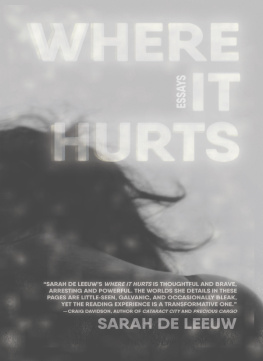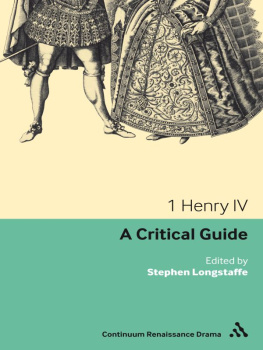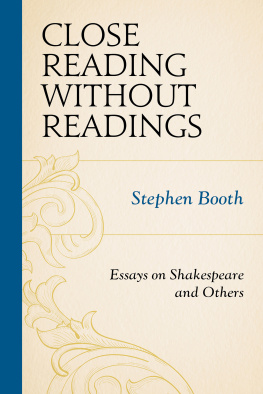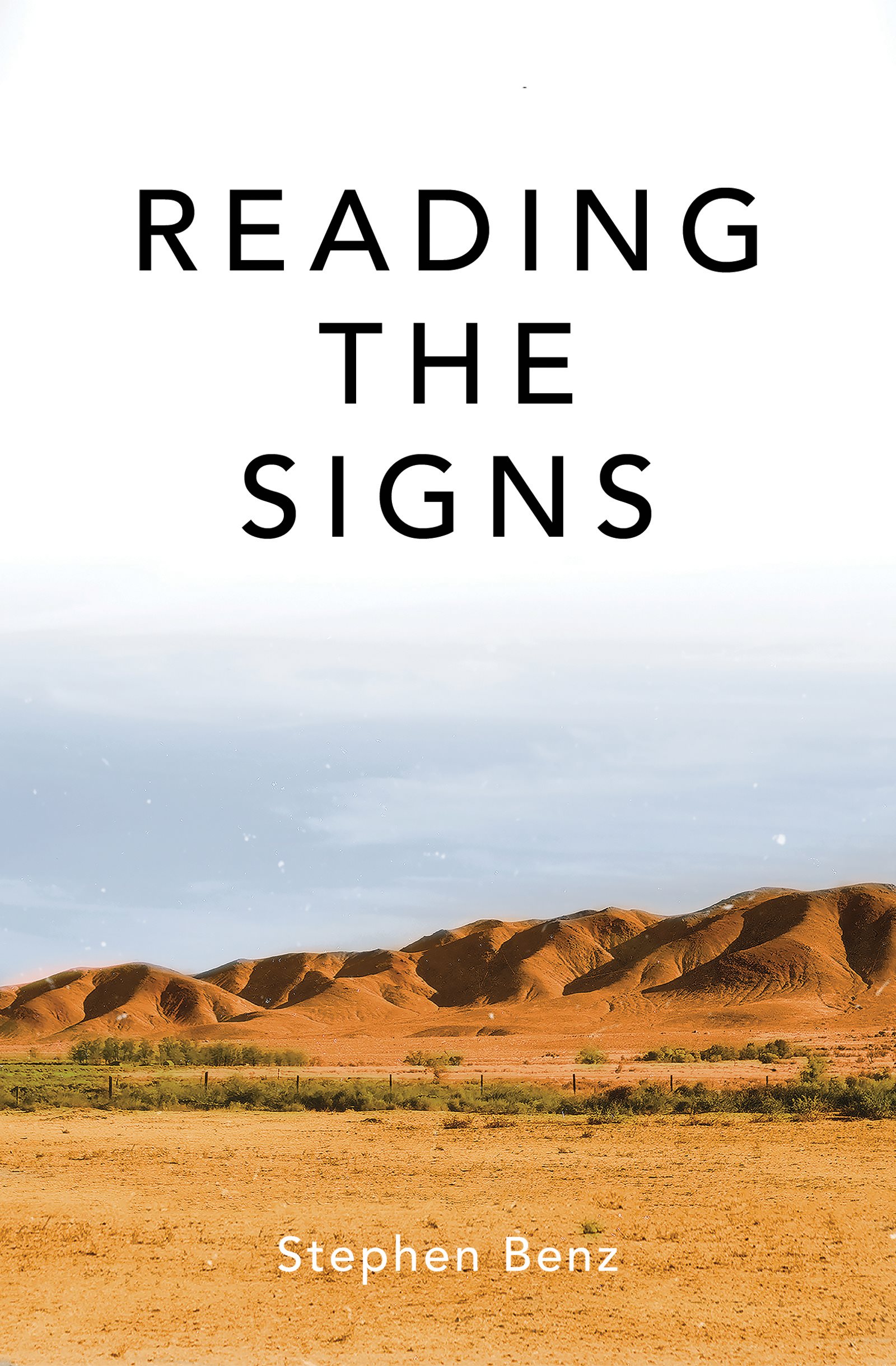Stephen Benz - Reading the Signs and other itinerant essays
Here you can read online Stephen Benz - Reading the Signs and other itinerant essays full text of the book (entire story) in english for free. Download pdf and epub, get meaning, cover and reviews about this ebook. year: 2022, publisher: Etruscan Press, genre: Detective and thriller. Description of the work, (preface) as well as reviews are available. Best literature library LitArk.com created for fans of good reading and offers a wide selection of genres:
Romance novel
Science fiction
Adventure
Detective
Science
History
Home and family
Prose
Art
Politics
Computer
Non-fiction
Religion
Business
Children
Humor
Choose a favorite category and find really read worthwhile books. Enjoy immersion in the world of imagination, feel the emotions of the characters or learn something new for yourself, make an fascinating discovery.

- Book:Reading the Signs and other itinerant essays
- Author:
- Publisher:Etruscan Press
- Genre:
- Year:2022
- Rating:4 / 5
- Favourites:Add to favourites
- Your mark:
Reading the Signs and other itinerant essays: summary, description and annotation
We offer to read an annotation, description, summary or preface (depends on what the author of the book "Reading the Signs and other itinerant essays" wrote himself). If you haven't found the necessary information about the book — write in the comments, we will try to find it.
far to explore landscapes of personal and cultural significance and the
communities that inhabit them.
At a time when we
reexamine how policies of yesteryear shape equities in the present,
award-winning writer Stephen Benz challenges readers to delve beyond
whitewashed versions of history and reassess our treatment of native people and
the environment with fresh, critical eyes. From westward expansion and Manifest
Destiny to the Cold War and the Global War on Terror, Reading the Signs
prods myths and provides missing context around events touched by the American
impulse to grab land and harvest resources-both within and beyond our shores.
These essays challenge us to search for missing layers of truth and decide
which versions of history should prevail.
With a wandering
spirit and an inquisitive mind, Benz ventures around town, across country, and
overseas in search of forgotten, overlooked, or misunderstood stories. From
rock concerts and courthouses to farm towns, battlegrounds, historical sites,
and quirky museums, these itinerant essays revel in discovering new wonders
every mile.
Along with Topographies (Etruscan Press) and two books of
travel essays-Guatemalan Journey (University of Texas Press) and Green
Dreams: Travels in Central America (Lonely Planet)-Stephen Benz has
published essays in Creative Nonfiction, River Teeth, TriQuarterly, New
England Review, and other journals. Three of his essays have been selected
for Best American Travel Writing (2003, 2015, 2019). His poems have
appeared in journals such as Nimrod, Shenandoah, and Confrontation
as well as in a full-length collection, Americana Motel, published by
Main Street Rag Press. Benz now teaches professional writing at the University
of New Mexico.
Stephen Benz: author's other books
Who wrote Reading the Signs and other itinerant essays? Find out the surname, the name of the author of the book and a list of all author's works by series.










